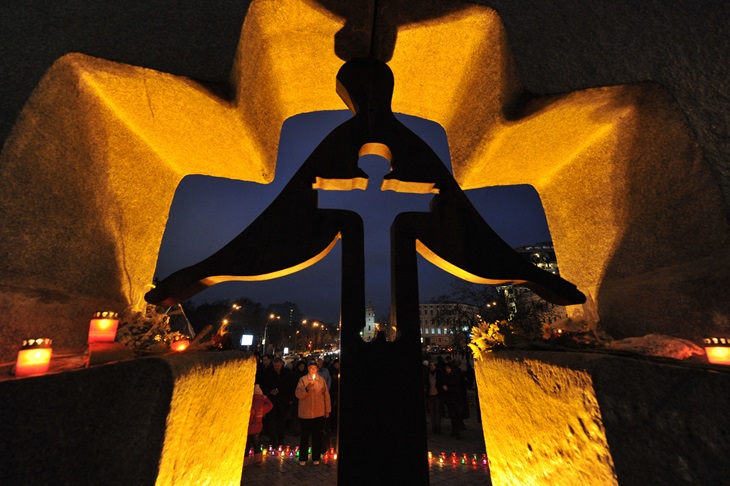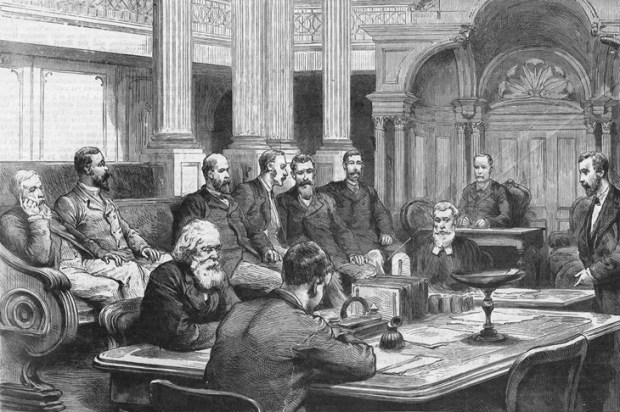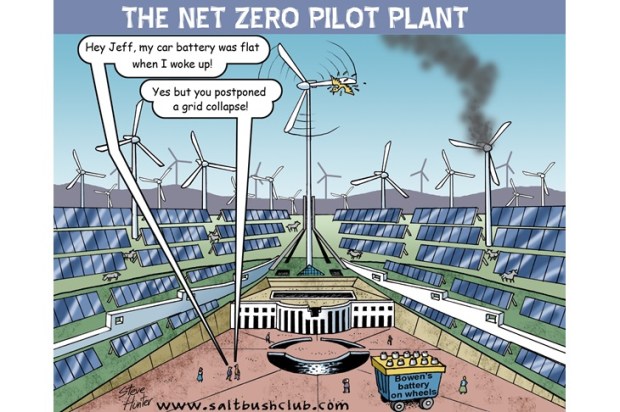Persistent thumping and early morning glare woke Anton. As he opened his eyes, through a torn and flimsy curtain, he saw the sunflower outside the window. It swayed in the breeze and repetitively bumped up against the pollen-specked glass.
The annoying thumping matched the pulsing ache of his head. He propped himself up.
Already a subscriber? Log in
Subscribe for just $2 a week
Try a month of The Spectator Australia absolutely free and without commitment. Not only that but – if you choose to continue – you’ll pay just $2 a week for your first year.
- Unlimited access to spectator.com.au and app
- The weekly edition on the Spectator Australia app
- Spectator podcasts and newsletters
- Full access to spectator.co.uk
Or


























Comments
Don't miss out
Join the conversation with other Spectator Australia readers. Subscribe to leave a comment.
SUBSCRIBEAlready a subscriber? Log in